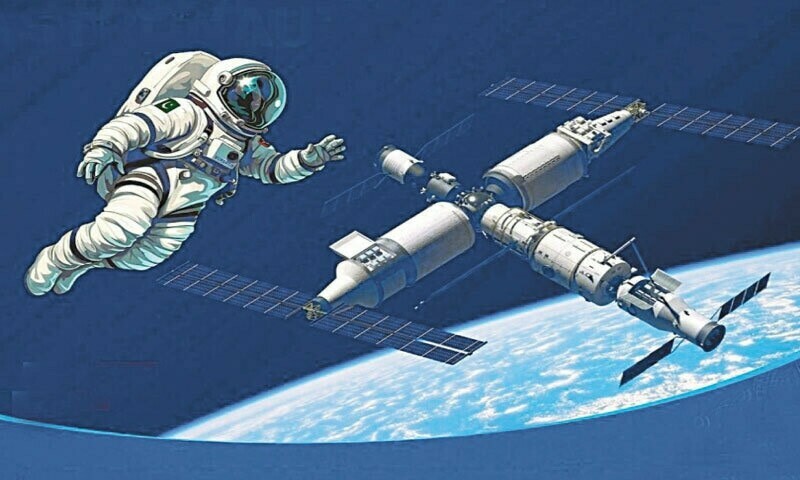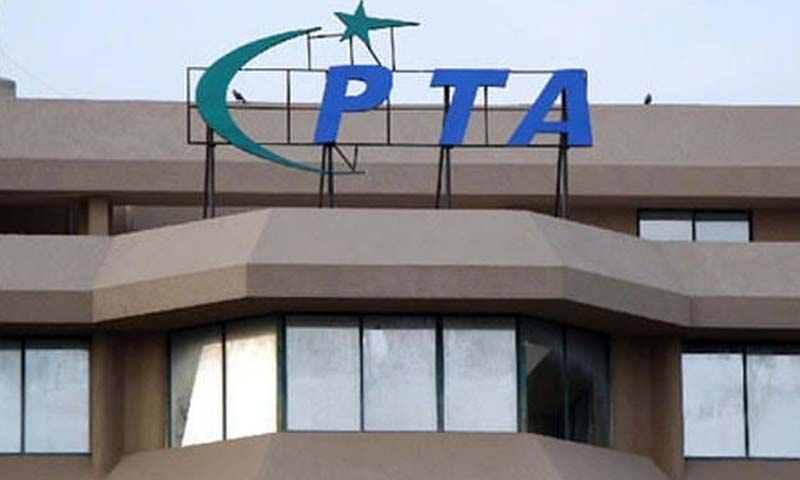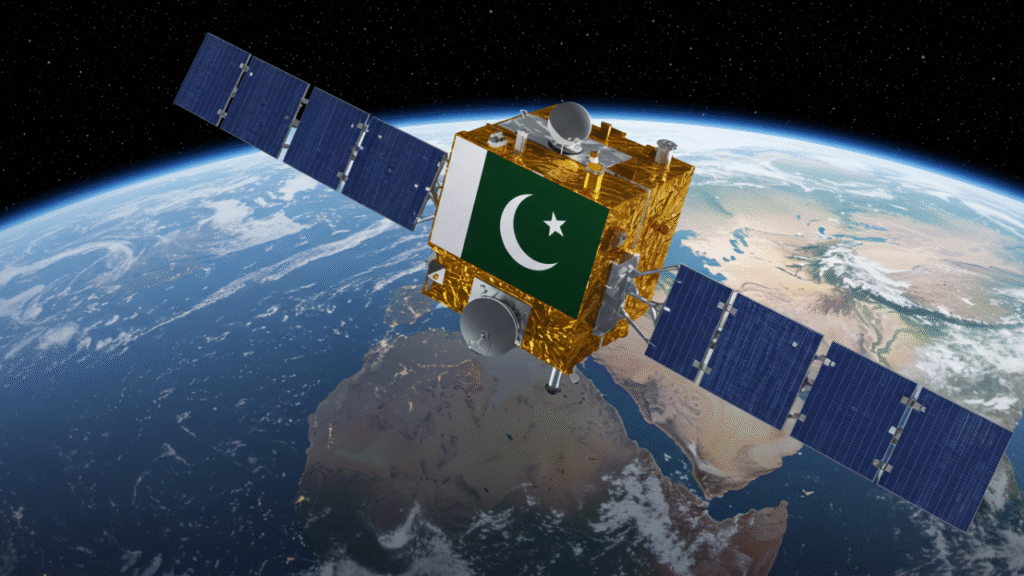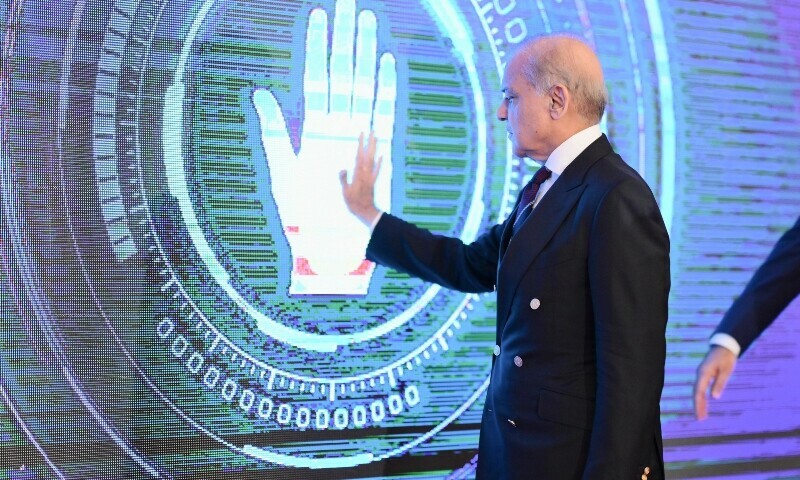SCIENCE & TECHNOLOGY

Pakistan has officially launched the selection process for its first manned space mission, set to take place in collaboration with China aboard the Tiangong Space Station, according to a confirmation from the China Manned Space Agency (CMSA).
In a groundbreaking announcement earlier this year, Prime Minister Shehbaz Sharif declared Pakistan’s intention to send astronauts into space in partnership with China — a move that marks a significant milestone in the country’s scientific and technological journey.
Three-Stage Astronaut Selection Underway
According to CMSA spokesperson Lin Xiqiang, the astronaut selection process will unfold in three stages:
- Preliminary screening in Pakistan
- Secondary evaluation in China
- Final selection and confirmation by CMSA
The selected astronaut will serve as a payload specialist, tasked with conducting scientific experiments onboard the Tiangong Space Station on behalf of Pakistan. The mission will also see two Pakistani astronauts undergoing training at the Astronaut Centre of China, making Pakistan the first foreign nation to be integrated into China’s space station training programme.
Advancing Scientific Research
To maximize the mission’s impact, Suparco, Pakistan’s national space agency, has invited proposals for innovative scientific experiments to be carried out during the mission. This initiative aims to leverage the unique environment of space for research that can benefit multiple sectors back on Earth.
Strengthening Pak-China Space Cooperation
Prime Minister Shehbaz Sharif, while addressing a delegation from Chinese aerospace firm Galaxy Space, emphasized the importance of space technology for Pakistan’s future, calling China the country's “most reliable and strategic partner” in this new frontier.
China’s space programme, known for recent successes like lunar sample return missions and the development of the Tiangong Space Station, offers a strong platform for emerging space nations like Pakistan.
With the selection process expected to be completed by 2026, this mission represents a bold new chapter in Pakistan’s scientific evolution, opening doors for innovation, inspiration, and international collaboration.




